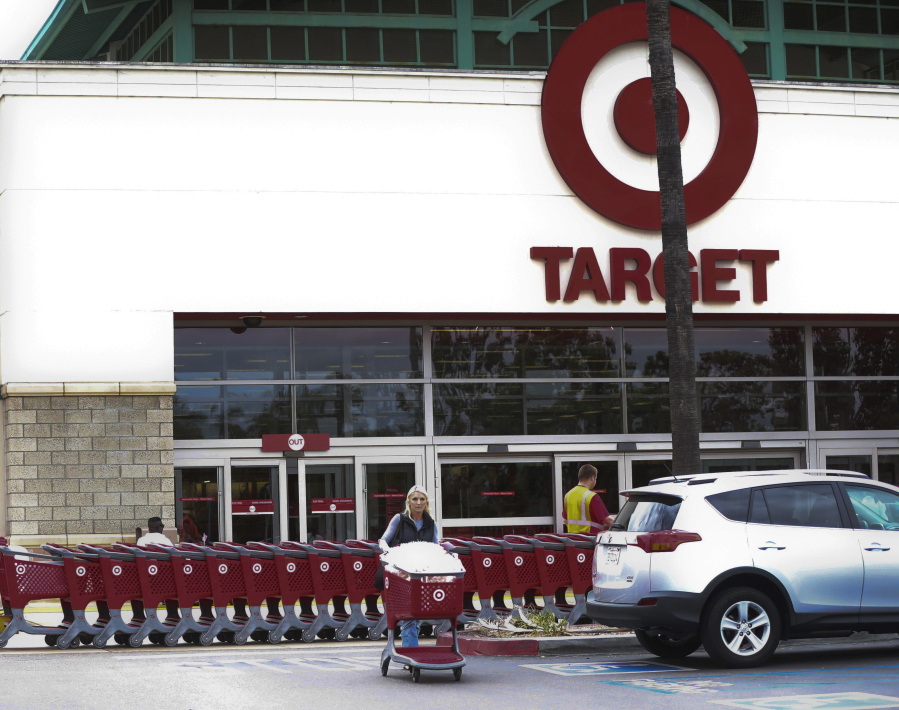NEW YORK — More than 100 retailers including Wal-Mart and Target as well as key trade associations are launching a new coalition aimed at fighting a Republican proposal on how imports get taxed, a measure they believe would harm their businesses.
The National Retail Federation, along with the American International Automobile Dealers Association, the National Grocers Association and others are joining forces to form Americans for Affordable Products, which will run a campaign to educate consumers and show lawmakers that the so-called Border Adjusted Tax plan would lead to higher prices of as much as 20 percent on everyday items including clothing, food and even gas. The diversified group, which also includes such companies as Nike, Best Buy, luxury conglomerate LVMH and Dollar General, is trying to make their opposition heard even while Congress and the president try to sort out exactly what adjustments to put forth.
Congressional Republicans want to eliminate tax incentives that encourage U.S. companies to move overseas, sharply cut the corporate tax rate to 20 percent from 35 percent, and encourage more factory output at home. But opponents said the plan would have a harmful rippling effect, causing companies to even lay off workers. The proposal — spearheaded by House GOP Speaker Paul Ryan and Texas Rep. Kevin Brady — would constitute the most sweeping reforms to corporate taxes in at least three decades.
Trump has dismissed the cornerstone of the House GOP plan as “too complicated” and has been touting a 35 percent levy on imports. Yet his spokesman appeared to put the tax back in play last week by proposing a 20 percent tax on goods from Mexico and “other countries we have a trade deficit with” to pay for a border wall.
“There’s a rush to get this done in Congress. We want to make sure our voices are heard,” said David French, chief lobbyist for the National Retail Federation, which has been dispatching members to meet with different levels of the new administration as well as lawmakers. Details of the consumer campaign are still being worked out, according to a spokeswoman at the retail trade group.
A lot is at stake. Nearly all such items that U.S. shoppers buy are either wholly or partly produced overseas as companies have sought the cheapest way to make goods. And with online competition and shoppers trained to find the best deals, U.S. retailers haven’t had the power to raise prices on many goods for several years.
“I’m losing sleep. I am scared out of my mind,” said Rick Woldenberg, CEO of Learning Resources, which has signed on to the coalition. It is a family-owned company based in Vernon Hills, Ill., that makes educational toys and employs 150 people in the U.S.
He estimates that under the GOP plan his federal tax rate would soar to 165 percent from 39.6 percent, he would have to raise prices by 10 percent to 15 percent to stay viable, and would have to lay off employees.
Retail industry leaders “describe it as an existential threat,” said Stephen Lamar, executive vice president at the American Apparel & Footwear Association, another member of the coalition. “When they crunch the numbers, it really affects things like solvency and profits.”
Lamar said companies would likely have to pass along higher prices to shoppers, who wouldn’t tolerate it. Companies said they also would have to try to squeeze suppliers for savings and fear they might have to lay off workers or close stores.
George Feldenkreis, CEO of Perry Ellis International, estimates that he would have to raise prices on his clothing anywhere from 20 percent to 25 percent if the border tax went into effect. Shirts currently range in price from $14.99 to $49.99.
“People who are thinking about it don’t know the consequences,” Feldenkreis said. He added that the company would also have to lay off workers.
“It’s not just a retail implication,” said Jack Kleinhenz, economist at the National Retail Federation. “We know it’s going to impact Main Street in many ways. It could be autos, manufacturing.”
The proposal would essentially tax corporations based on where their products and services are consumed. In that way, it is similar to a sales tax.



